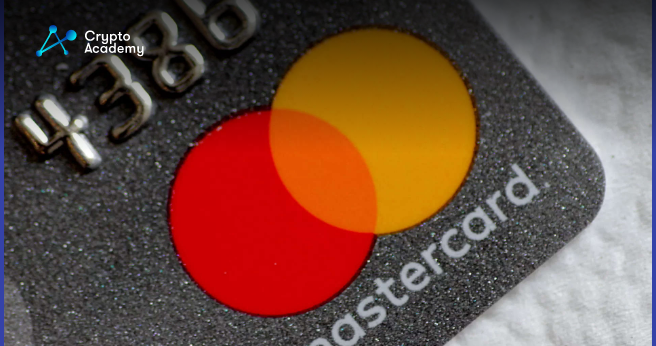Mastercard Pursues Further Crypto Partnerships

Mastercard actively seeks new crypto partnerships, expanding crypto-linked payment card offerings despite increased regulatory scrutiny and bank caution.
Mastercard is embracing the world of cryptocurrencies by actively pursuing new collaborations with cryptocurrency firms. This decision comes in spite of increased regulatory attention and a growing wariness from banks regarding the volatile crypto sector. Mastercard has already established successful partnerships with crypto exchanges like Binance, Nexo, and Gemini, providing crypto-linked payment cards in certain countries.
Binance cards, as an example, allow users to make payments in traditional currencies while utilizing their cryptocurrency holdings on the exchange. Raj Dhamodharan, Mastercard’s head of crypto and blockchain, highlights the company’s dedication to cultivating more partnerships and delivering safe cryptocurrency access as a core component of their value proposition.
Due Diligence for Crypto Card Programs
The failure of multiple high-profile crypto firms in the previous year, including the bankruptcy of the leading exchange FTX, has prompted banks to exercise increased caution when dealing with crypto clients. This reluctance is further amplified by a growing focus on compliance concerns in the market from U.S. regulators.
In March, the U.S. Commodity Futures Trading Commission (CFTC) filed a lawsuit against Binance, the world’s largest crypto exchange. The regulator accused Binance of maintaining an illicit exchange and a deceptive compliance program. In response, Binance CEO Changpeng Zhao disputed the allegations, arguing that the complaint failed to present a comprehensive account of the facts.
Although Dhamodharan did not specifically address Binance, he emphasized that all card programs are subject to comprehensive due diligence and ongoing monitoring. This statement comes as some banks, including Santander and NatWest, have opted to limit the amount of money UK customers can transfer to crypto exchanges as a means of safeguarding them from potential scams and fraudulent activities.
Mastercard’s Perspective on Crypto Transactions
In contrast to Mastercard’s strategy, Visa severed its global credit card agreements with FTX in November. Additionally, American Express announced in February that it did not anticipate cryptocurrencies supplanting its primary payment and lending services in the near future. However, the company had previously explored the possibility of using cryptocurrencies as an option for redeeming reward points in 2021.
When queried about potentially imposing restrictions on money transfers to crypto exchanges via Mastercard’s payment network, Dhamodharan underscored the company’s impartial position. He explained that Mastercard does not engage in selecting winners or dictating the nature of permissible transactions. He also noted that users of Mastercard’s network are subject to multiple compliance checks, and the company has invested significantly in crypto analytics technology.
Dhamodharan conveyed enthusiasm for the underlying blockchain technology that supports cryptocurrencies and anticipated an increasing influx of regulated money into this space. Mastercard’s ongoing commitment to forging new partnerships and expanding its crypto card offerings aims to ensure safe and secure access to cryptocurrencies for its global clientele.

Comments are closed.